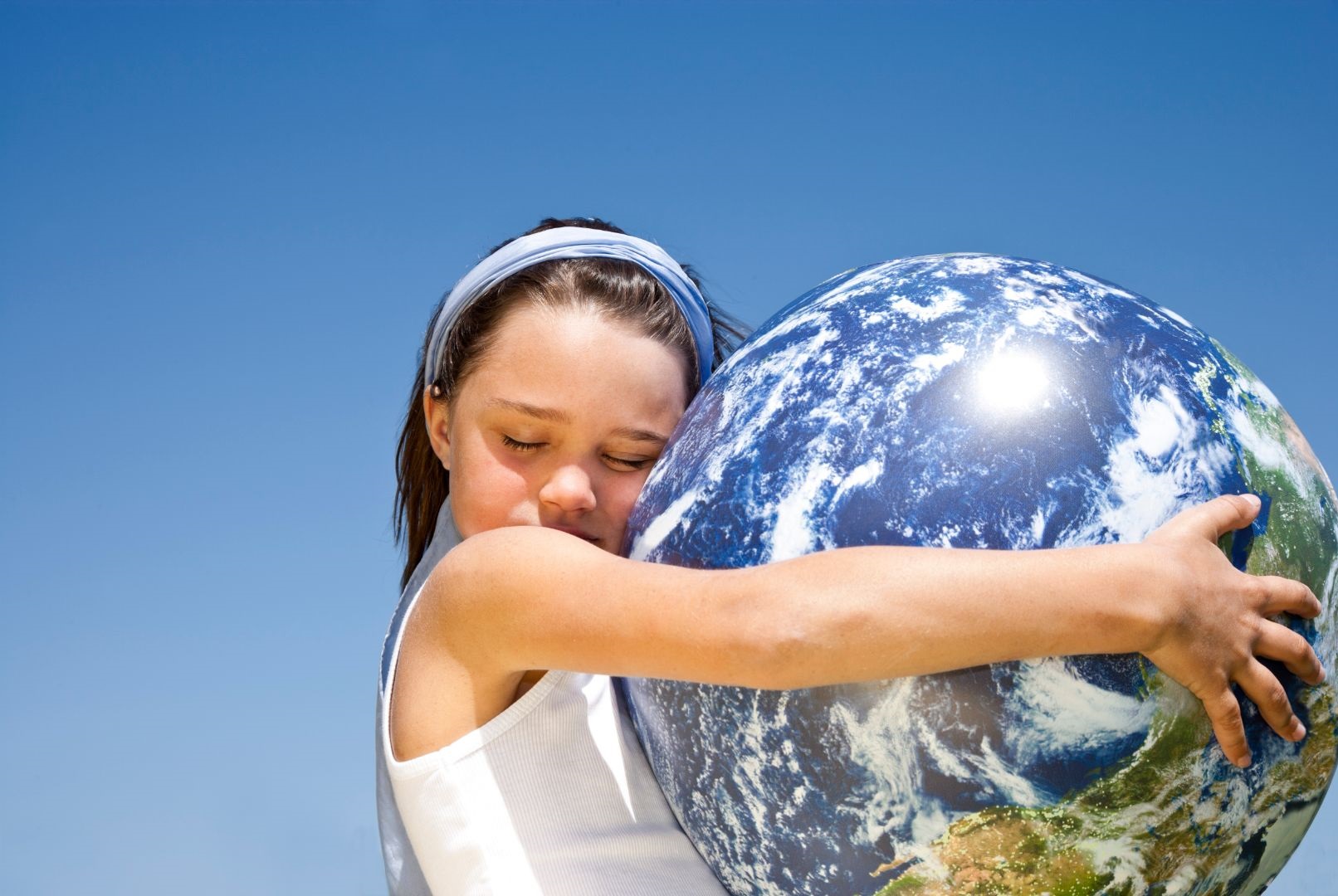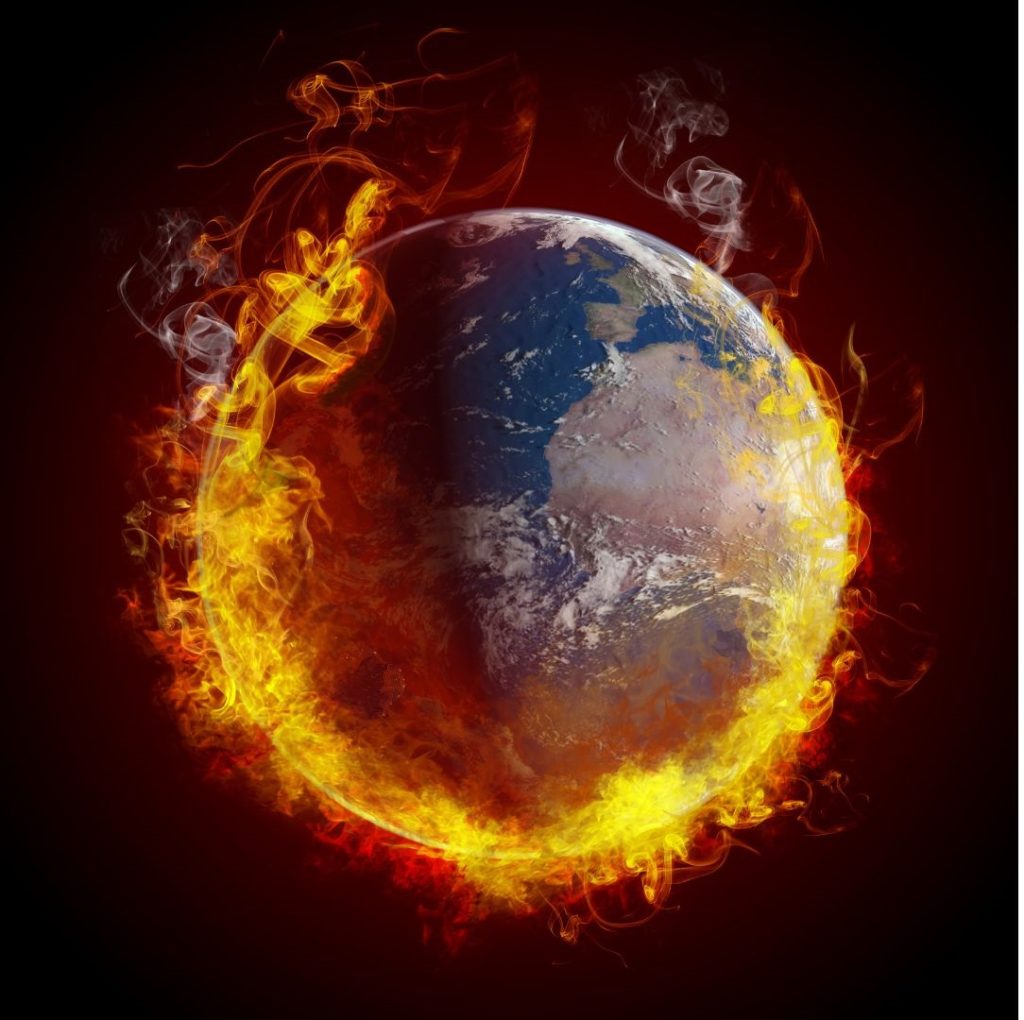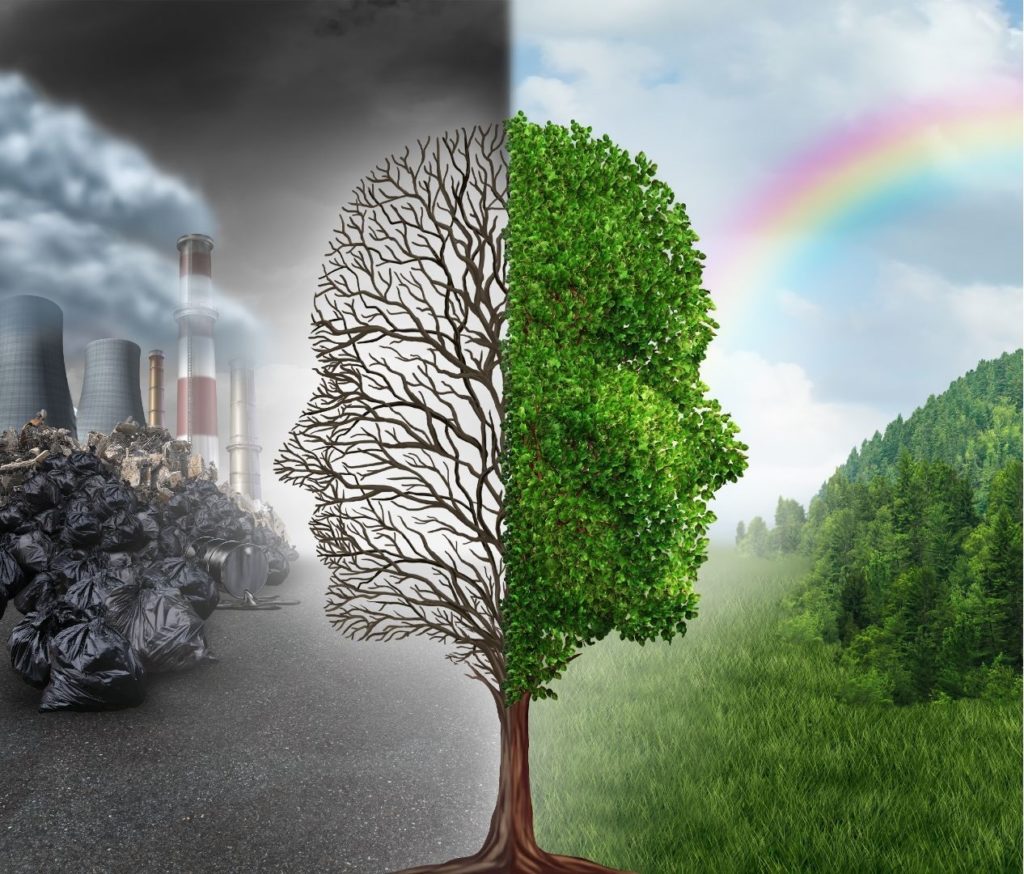
What are governments doing about climate change?
Why don’t policies go hand in hand with scientific evidence?
We are pushing the planet to its boundaries as we do not produce or manage the resources it sustainably offers us, but at the same time, there are more inequalities between countries and peoples due to wars, extreme weather phenomena or a lack of healthy food that is not even accessible to everyone. In this article, we will review why we do not live on a planet fit for everyone.

We don’t have a global government, but we could use one. We don’t have a world government, but we need one. Every day billions in currency circulate like accounting notes in the cloud, passing from one country to another without barriers, sometimes ending up in tax havens because they leave no trace in other countries where taxes are paid; social networks connect problems that once seemed distant and alien to us, but now we know about them in real-time; more than 200 million people -by volume, a continent on the move- have left their countries to move to another, some by force, others to try to find work opportunities; the waters are filling up with plastics that are wiping out species; deforestation and the destruction of necessary natural resources threaten the air we breathe or the food we eat. The list of global challenges keeps growing: finance, migration, climate change, and security; wherever we look, globalisation has expanded our inventory of capabilities and problems, while the framework within which we can seek solutions has narrowed. We do not have a world government, nor does it seem likely that we ever will. Perhaps that is why the question of how we should organise ourselves to promote the common good is the greatest challenge of this generation.
So far, we have solved the issue within each country’s borders, but what about the global level? Take the threat of global warming and the successive failures of international summits since 2009 in Copenhagen. It is not for lack of individual commitments, which are often possible, but for the lack of mechanisms to force the most fragile wills and to regulate those who see international agreements as a vacuum through which they can slip particular interests. The result is critical. According to a report from the International Panel on Climate Change (IPCC) on the rise of global temperature, time runs exponentially, and those matters we deemed necessary in the middle term have become urgent. We must stop global warming and keep the temperature of the planet 1.5 ºC above pre-industrial levels at most. And we are now 1 ºC above pre-industrial levels! According to the IPCC, not crossing this boundary requires a rapid and far-reaching transition involving aspects such as land use, energy, industrial production, transport, buildings and cities.
In sum, more than gradual changes in behaviour we need a real revolution affecting virtually everything around us.
The report, published in October 2018 as a result of the Paris Agreement three years before, indicates that the gap between scientific evidence and governmental policies is deepening, so the goals once stated are getting further and further away. The report says that to avoid a climate catastrophe we must face an unprecedented radical transformation since not stopping the relationship between consumption and resource extraction and its environmental and climate consequences we will reach that feared level of global warming of 0.5 ºC more by 2030-2050. In other words, it will impact the next generation. Then, the effects will be different from those we are suffering right now. The loss of the coral barriers, the melting of the Arctic, and extreme floods and droughts will threaten the health and well-being of humankind in ways still to be justly assessed. Many regions of the planet will become hostile or impossible zones to live in. So, how do we stop these negative changes? If we had a global government, stopping global warming would be among the principal political priorities but in national states that is more difficult. One reason is that climate and environmental deterioration don’t affect all countries in the same way. Another reason is that most people usually don’t have the perception to be so close to the point of no return. Yet another reason is that national governments alone don’t have the power to advance towards solutions to any of the global challenges.
Never before have we had such a high life expectancy or the current health state. Advances in technology, innovation, public health, food, agricultural and industrial production, and communications in the twentieth century allowed for unprecedented improvements in welfare; and this socioeconomic progress does not stop. However, the costs have been huge. On the one hand, we have pushed the exploitation of natural resources to a limit, on the other, socioeconomic inequalities continue to grow. The way we consume, often unsustainable and predicted to double in the next 50 years, does not promise a future where the balance between progress and welfare is necessarily guaranteed.
The rate of energy consumption and the sources from which it comes are at the heart of the problem. The warming they generate accelerates inequalities between developed economies and less developed countries, a trend that also affects populations within more developed countries. The consequences are already measurable in increased numbers of displaced people, loss of security, clashes and a decline in the overall quality of life. Natural disasters are nothing new; yet, their frequency and intensity are increasing due to global warming. The price is now being paid by the poorest. Less developed economies are more affected by hurricanes, storms, cyclones or droughts, and they are much less prepared to respond adequately to their impacts. Thus, while the number of displaced people and refugees as a result of the war in Syria remained the highest in the 21st century, India, Bangladesh and Mozambique, affected by different catastrophes, also recorded very similar numbers of forced displacement in a single year to those of the Middle East conflict. Millions of people were left without homes, land, food and water overnight.
However, the effect is not unique to poor countries; rising temperatures in the United States, for example, are causing energy costs to rise in inland states such as Arizona, where sweltering heat increases the use of air conditioning. This energy expenditure means that while in Arizona, economic growth forecasts are down 20%, in Maine, a state in the north, on the border with Canada, they are expected to increase by 10% in just a decade. Much closer to us, in Barcelona, the number of households at risk of energy poverty gets higher due to more extreme temperatures -heat in summer and cold in winter- affecting 170,000 people and punishing particularly single women or single mothers. All these are symptoms that announce that as the change progresses, poverty and inequality increase.
We don’t have a global government, even when global measures are urgently needed. Yet, evidence and persuasion have attained a global commitment to bettering the planet and, thus, people.

The Sustainable Development Goals (SDGs), an agenda that has set the 2030 Horizon, is the closest we have come to this longed-for idea of global governance. There are 17 goals, which address one by one the main challenges to be faced and for which states alone are inoperative, from poverty and hunger to human rights and global justice, including the commitment to make the planet a sustainable place for everyone. The Goals of the 2030 agenda are born out of the conviction that we cannot continue with the current level of inequalities and that the planet must become a fairer place for all. Right now, we don’t have a global government, but we do have the capacity to generate a collective conscience and an organised global society to move forward.
About the author
Rafel Vilasajuan is a journalist and Policy & Global Development Director of the Barcelona Institute for Global Health (ISGlobal) since 2011. From 2006 to 2011, he was Deputy Managing Director of the Centre de Cultura Contemporània de Barcelona (CCCB). Vilasanjuan worked with Doctors Without Borders (MSF) for more than 12 years, serving as Secretary General of the international movement, among other positions. During this period, he knew first-hand the situation of displaced people and refugees in countries such as Afghanistan, Chechnya, Somalia, Sudan, the Democratic Republic of the Congo, Colombia and Iraq. Vilasanjuan collaborates with the radio programme “La ventana” [The window] and the newspaper El Periódico.
This article includes editions by Garcia Tortosa (Fundesplai).

